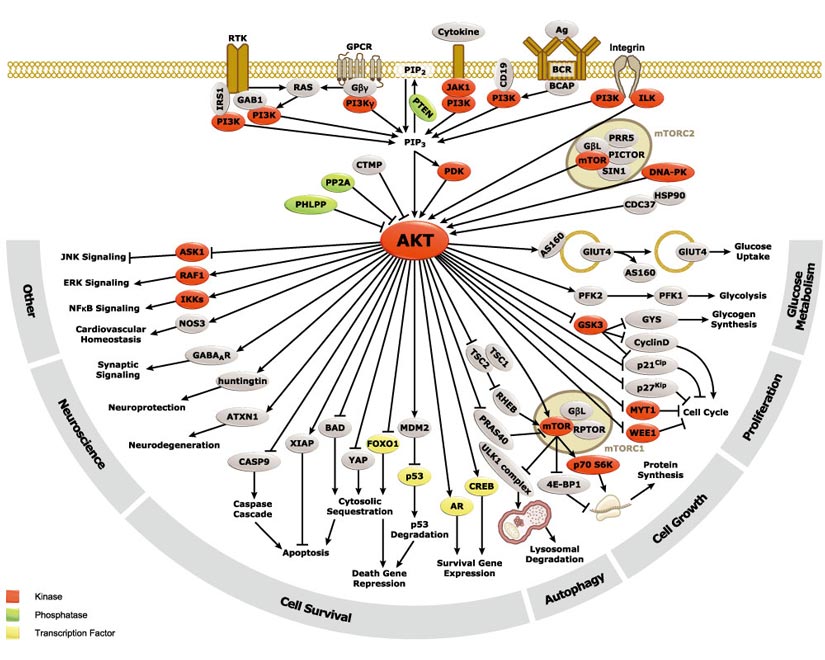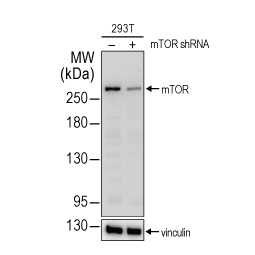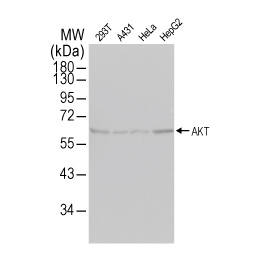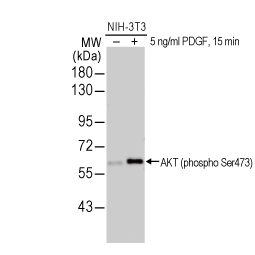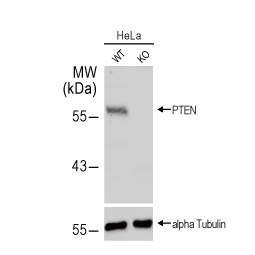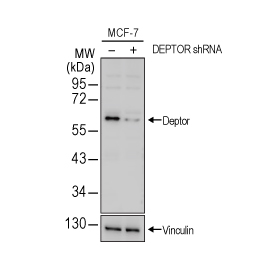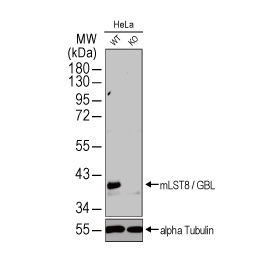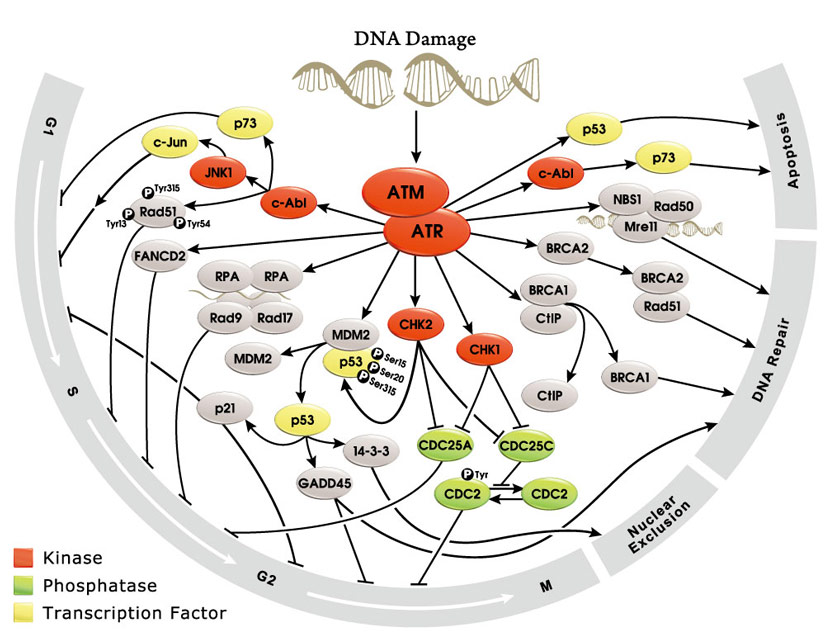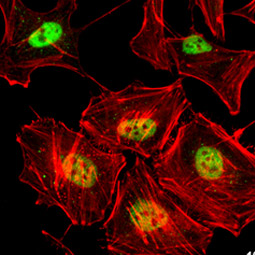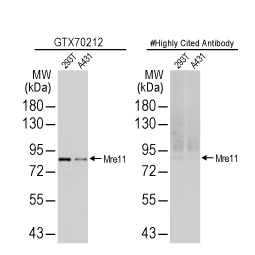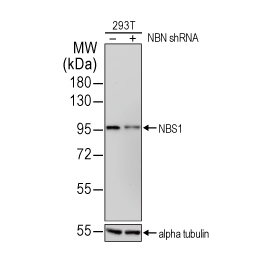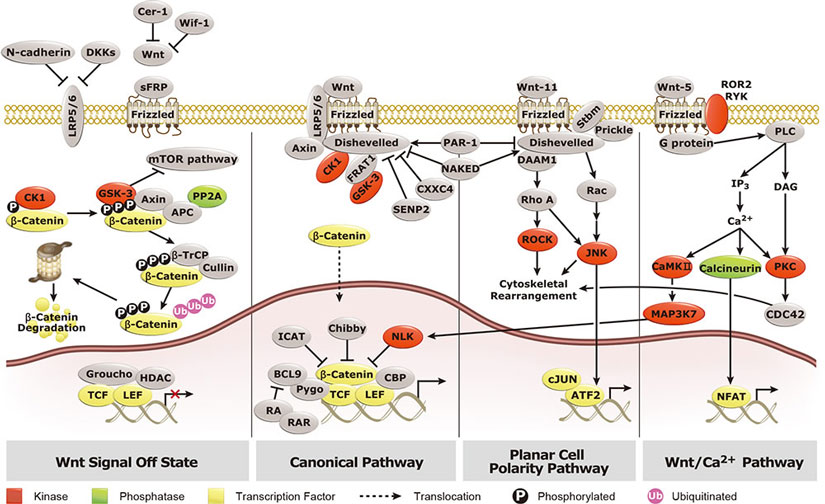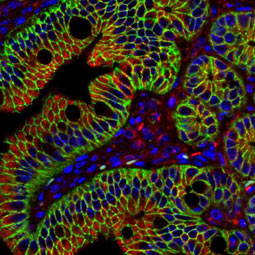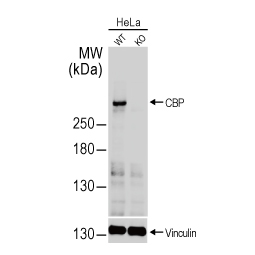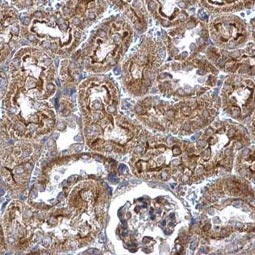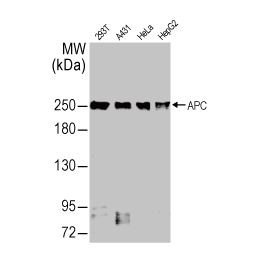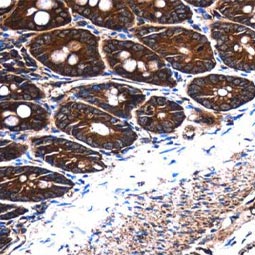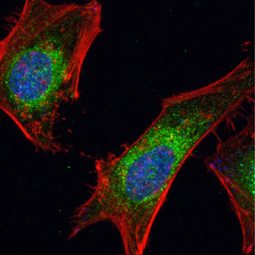Cell signaling refers to the various sequences of molecular events that mark a cell’s response to its environment, whether that entails interaction with another cell or other external cues. In the most fundamental sense, this allows an extracellular stimulus to exert an effect across the cell membrane through its transduction into a biochemical currency that in most cases will affect gene expression and the cell’s physiological functioning or identity. A common flow for a signaling pathway involves the binding of a ligand to a receptor, protein modification by enzymes like kinases, assembly of signaling complexes and activation of secondary messengers, and ultimately alterations in the actions of transcription factors or other effectors of the transcriptome or proteome. In summary, cell signaling defines the very notion of a cell being alive.
GeneTex offers an extensive catalog of antibody reagents to study key receptors and their associated signaling pathways.
